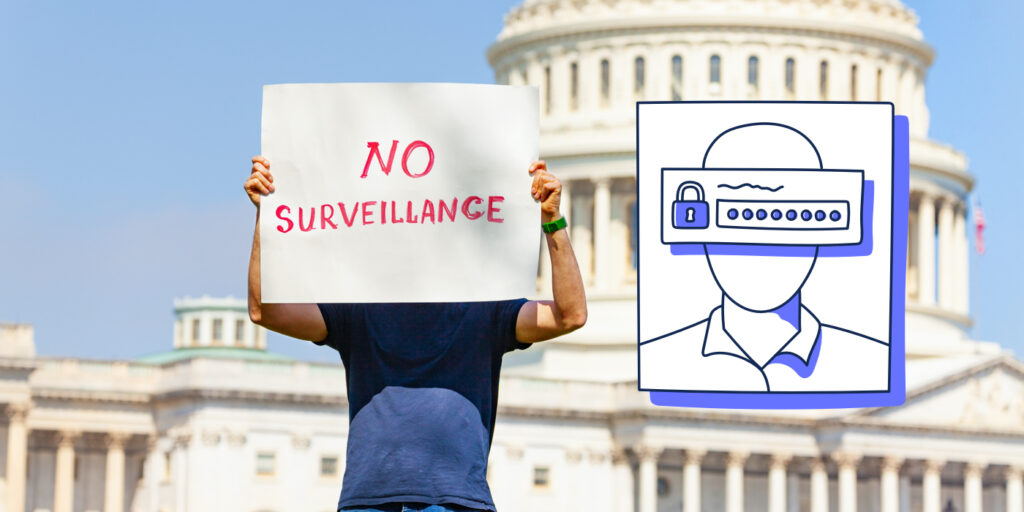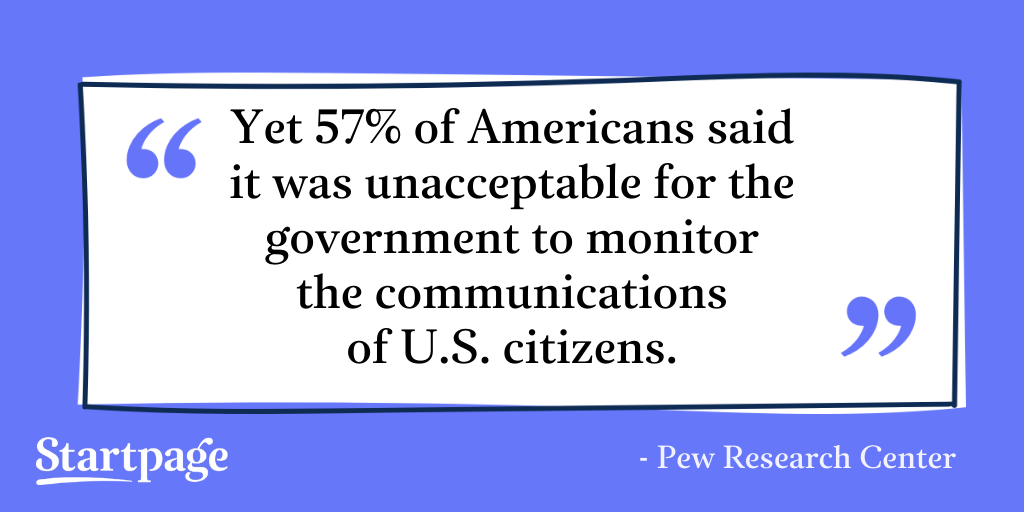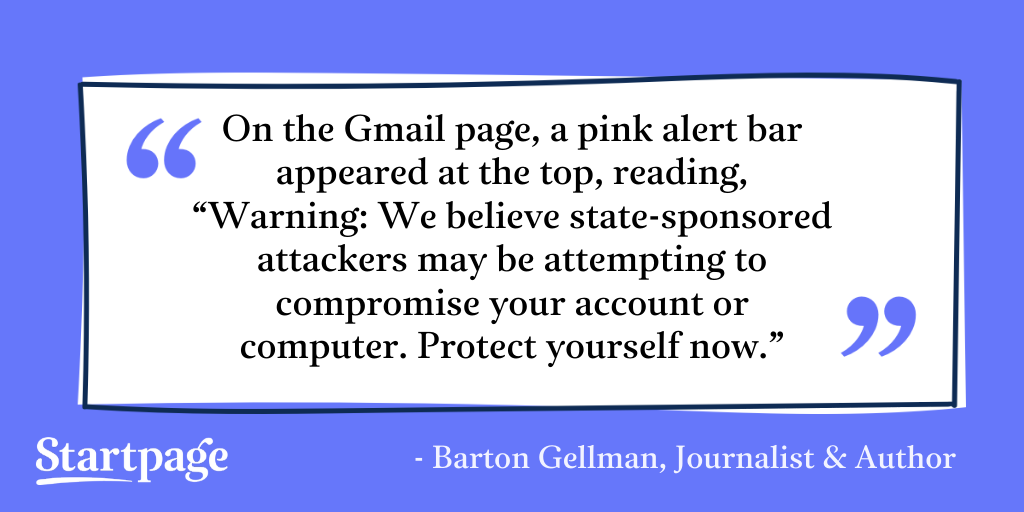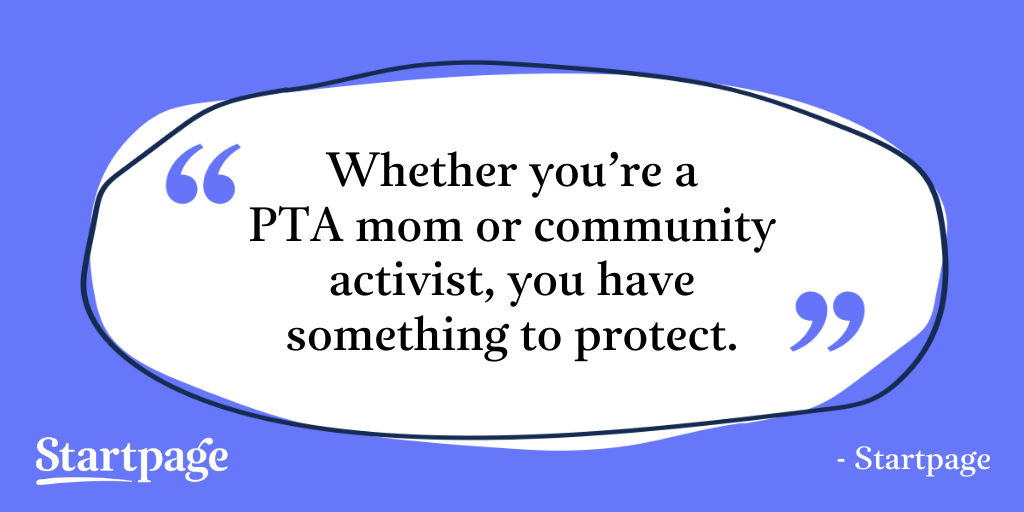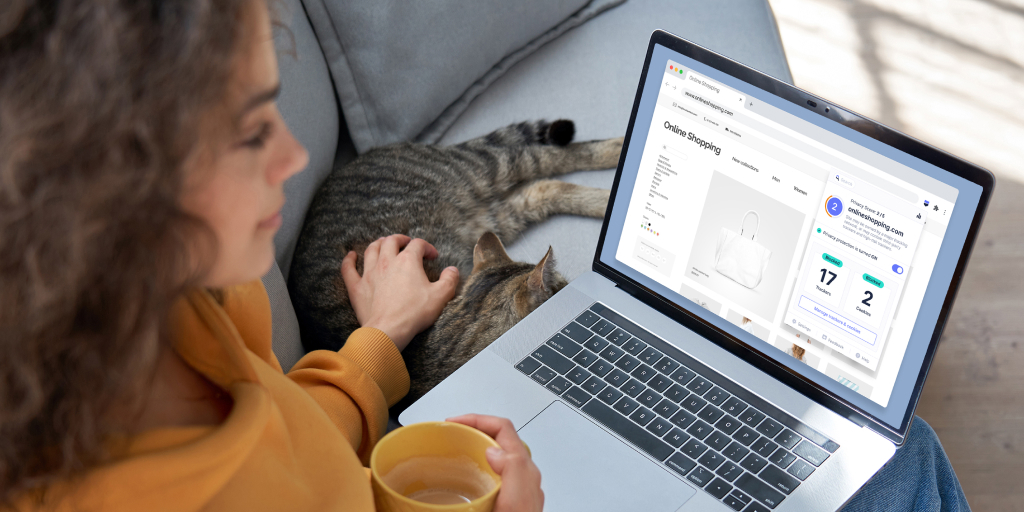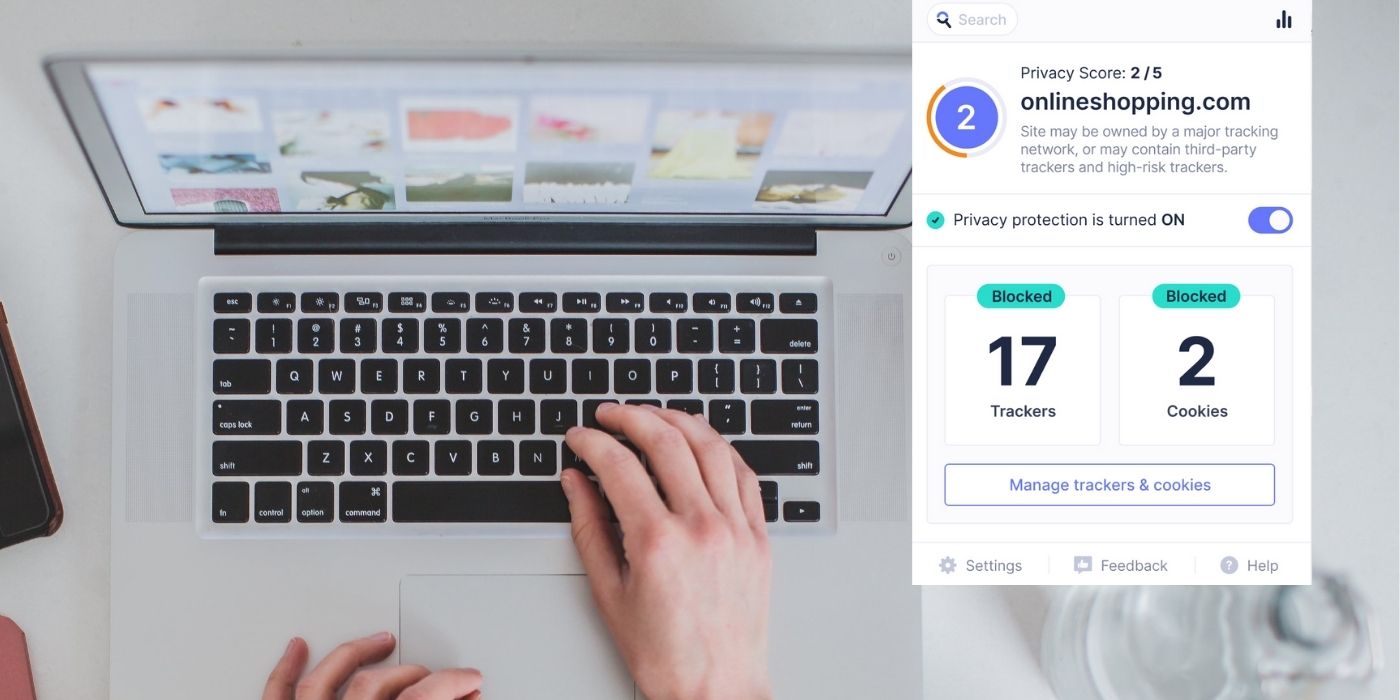Protecting Yourself Against Government Surveillance
This isn’t a conspiracy theory: Governments around the world, from the US to China and Turkey, regularly engage in mass and targeted surveillance.
According to a Pew Research Center study, 82% of Americans said it was acceptable for the government to monitor communications of suspected terrorists, yet 57% of Americans said it was unacceptable for the government to monitor the communications of U.S. citizens. But, what prevents the government from monitoring regular citizens such as yourself and how would you even know?
Concerns over government surveillance are boiling again in the wake of Hong Kong’s new security law which “criminalizes “subversion” of the government. A crime that the police say “encompasses speech and gives the police powers to take down internet posts and punish internet companies that do not comply with data requests.” Furthermore, there’s an ever-present concern of how the government is using the internet to engage in surveillance without a warrant.
So great is the concern, Big Tech companies Facebook and Twitter have “suspended processing demands for user data from Hong Kong authorities.”
Edward Snowden & Mass Surveillance
If we’ve learned anything from Edward Snowden’s release of NSA material in 2013, the NSA was not beyond unconstitutionally seizing the private records of billions of individuals who had not been suspected of any wrongdoing.
In a recent panel discussion on the creeping surveillance state, Snowden explained the existing prevalence of surveillance, “Every country of any serious geopolitical weight today has an internal security service. We don’t like to think about this, in these terms, in the United States. It’s not polite to describe the FBI as an internal security service. We think about them, we’re shown them on TV and movies, as the good guy.”
According to Snowden, governments will always see cause for surveillance because they see you as a possible threat to stability and that is enough to warrant monitoring you:
“You have to understand that in places in agencies and governments, where again, they see themselves, as the shield against change, because instability is the enemy. Because instability is the bad thing, progress looks like a threat. So when you start to understand that you will always be the enemy to them, even if what you’re doing is absolutely right, even if you are the most peaceful, even if you keep your nose clean, you know, even if you are the perfect angel that they always deny.”
Forms of Government Surveillance
If there’s a will, there’s a way. With a hefty budget, the latest in technology, and immense manpower, the government has the resources to enact mass and targeted surveillance.
Barton Gellman, one of the journalists who helped Snowden leak the NSA documents, recently disclosed the level of surveillance he has experienced as a result of his career. From having multiple devices compromised to receiving Google notifications that his Gmail had been compromised, he says:
“On the Gmail page, a pink alert bar appeared at the top, reading, “Warning: We believe state-sponsored attackers may be attempting to compromise your account or computer. Protect yourself now.”
Here are a few ways governments are keeping tabs on you:
- Facial Recognition: From the Hong Kong protests to the streets of the UK, and urban areas in the US, governments are using facial recognition systems to identify and surveil citizens.
- Search and Browsing History: Your search history and browsing history can be as revealing as your diary, making it valuable information to governments around the world. Most recently, the US Senate voted to allow law enforcement to continue collecting your search and browsing history.
- Stingrays or Cell-Site Simulators: Law enforcement can track your phone and intercept communications or alter the messages with stingrays. Stingrays can be hidden in vehicles and attached to planes, meaning you may not even know you’re being surveilled.
How to Protect Yourself from Government Surveillance
Build Your Threat Model:
Whether you’re a PTA mom or community activist, you have something to protect. It could be your social security number, text messages, or browsing history. The first step is identifying:
- What information am I trying to protect?
- Who am I trying to protect this from?
- What are the consequences if I fail?
By answering these questions, you’re building a threat model and better able to put a privacy and security plan into action.
Get Familiar with Privacy Tools:
Is your current setup centered on protecting your privacy? Here’s a shortlist of tools you can use to lock down your devices and communications.
- Devices: Encrypt your devices. To set up up your device to privacy, check out our privacy guides for phones and computers.
- Browser: Browsers allow you to access the internet by automatically putting your privacy preferences into practice. Don’t know where to start? Check out Dan Arel’s recommended browsers on ThinkPrivacy.ch.
- Search: Use a private search engine like Startpage. To learn more about what makes Startpage stand out, check out Dan Arel’s private search engine comparison.
- Email: You can send password encrypted emails to anyone with email providers like .
- Messaging: Using an encrypted messaging tool will make it harder for law enforcement to read your texts. One of our favorites is Signal.
- VPN: There’s a lot of VPNs out in the market. We suggest using a paid one over a free one. Dan Arel also has a great list of recommendations on ThinkPrivacy.ch.
Get Informed! Here are some additional resources:
Electronic Frontier Foundation: Guides for beginners and experts
https://ssd.eff.org/en
Freedom of the Press: Guides for journalists
https://freedom.press/training/
Darknet Diaries Podcast on “PSYOP, or Psychological Operations”
https://darknetdiaries.com/episode/65/
The Hated One videos on how to be private
https://www.youtube.com/playlist?list=PLR_ghQEN2SgBOLJaDomLoK95Ay_xV5aZV


